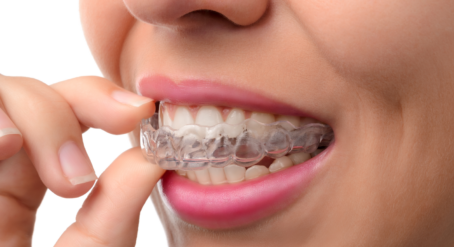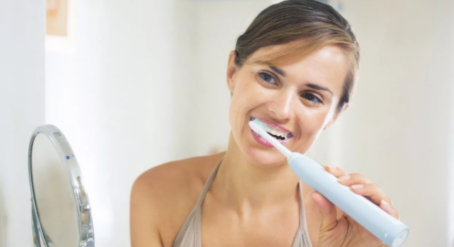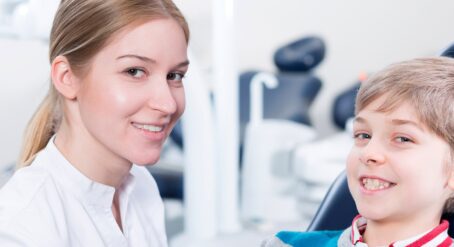Every year, thousands of teens undergo orthodontic treatment to help them achieve their best smile. While parents are often concerned about the cost and duration of the treatment, teenage patients generally have different questions running through their mind before they get started.
We’ve compiled some of the biggest questions to create the ultimate guide to orthodontic treatment for teens.
What types of orthodontic treatment are suitable for teens?
While traditional metal braces are still the most popular option for teens, there are alternatives that may be suitable depending on the case. Minor corrections to crooked teeth or a misaligned jaw can often be achieved with clear aligners, while lingual braces are growing in popularity due to the fact that they are largely invisible when you smile. For more complex cases that require a fixed appliance, ceramic braces are also a great option for teens as they can achieve the same movements as traditional braces with a more subtle appearance.
Do braces hurt?
How long will I have to wear braces?
Every case is different and it can take anywhere from six months to two years to complete a full course of treatment. This depends on a number of factors including the types of movements that need to be completed and the type of treatment you have selected. Your orthodontist will give you a better idea of your particular timeline when setting up your treatment plan.
What can I eat with braces?
With all types of braces, it is important to avoid very hard and crunchy foods that can break the braces off the teeth – such as whole apples, whole carrots or crusty bread. Usually that doesn’t mean you have to avoid those foods altogether – for example, apples can be sliced and chewed carefully on the back teeth. Since clear aligners are a removable device that must be taken out when eating, there are no restrictions on the types of food you can eat while undergoing treatment. Immediately following an adjustment or orthodontic appointment, it is best to stick to soft foods such as bananas, pasta or soup if your teeth are feeling a little bit tender.
How do I look after my braces?
Depending on the type of treatment you choose, your orthodontist will demonstrate the correct method of cleaning them. However, as a general rule you must brush your teeth at least twice a day, and rinse your mouth (and clear aligner tray) with cold water after every meal. Flossing is also an important part of your oral hygiene routine and should be done at least once a day. If you have traditional or lingual braces, you may choose to use an interdental toothbrush to floss around the wires.
For clear aligners, it is important to clean your aligners daily in cold water (hot water will warp the plastic) and a dental solution. They should also be kept in their case when not in your mouth to guard against both bacteria and the risk of losing them.
Can I continue my hobbies as usual?
No matter what type of orthodontic treatment you settle on, they shouldn’t get in the way of living your life. Teens who play a musical instrument such as a trumpet or flute may find that it takes a little bit of time to adjust to the new mouth placement with your orthodontic device. Sports are still safe to do with braces, but you will need to ensure you wear a mouthguard at all times in contact sports like football. If you already own a mouthguard, You will need a new mouthguard fitted to account for your new appliance to best protect your teeth.
Can I kiss with braces?
Perhaps the most important question to teenage orthodontic patients. Yes, you can still kiss with braces. If the person you’re kissing also has braces, you should still be able to safely kiss without becoming entangled. However, if either of you can tell that you have a broken wire it is best to wait until after you’ve been to the orthodontist to fix the wire before kissing.
For more information about orthodontic treatment for teens, read our step-by-step guide to orthodontic treatment and Find an Orthodontist today.









